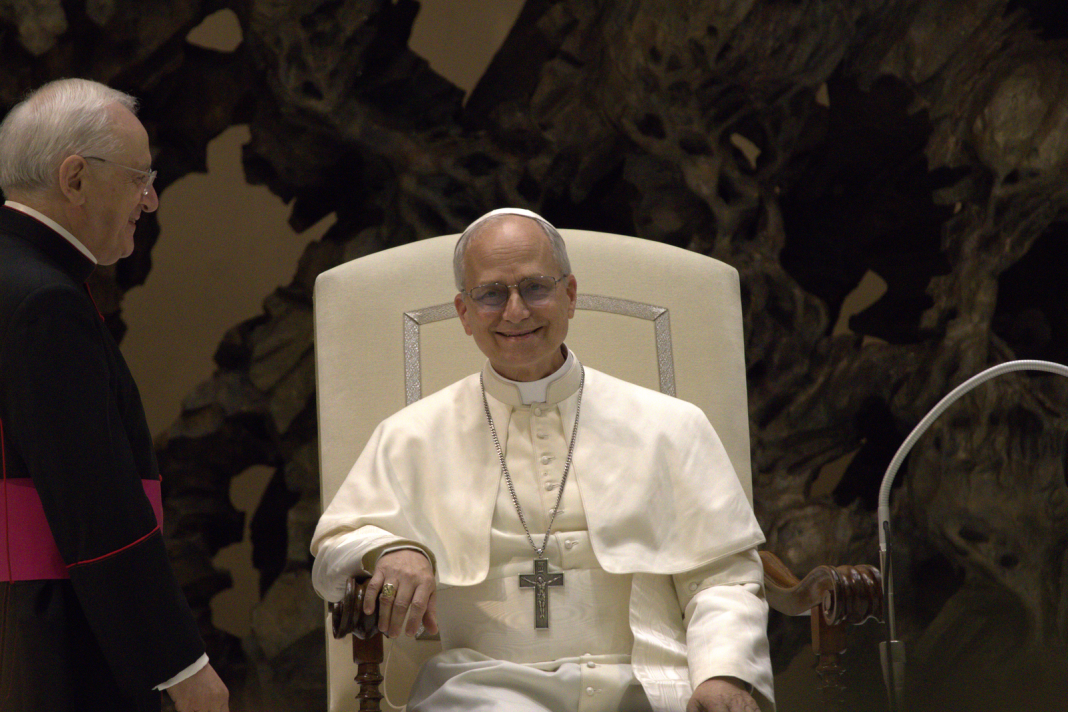Why Distort the Church Fathers?
Against the revisionist reading of the Church Fathers, apostolic succession has always meant a visible, historical, and institutional continuity with the apostles—through the bishops. It was never just a vague “spiritual connection” or ideological alignment. That modern reinterpretation is exactly the kind of self-invented teaching the early Church explicitly rejected—and the very reason the term “apostolic succession” was coined in the first place.
A Protestant told me today that apostolic succession simply means staying true to the apostles’ teaching, not who ordained whom. But that’s exactly backwards. The Fathers never separated sound teaching from apostolic lineage. Succession wasn’t a competitor to truth—it was the means by which truth was preserved and protected.
No Church Father ever taught that apostolic succession was anything but visible and physical. It was through this public, traceable line of bishops that the Church identified where the true doctrine remained. This is why Irenaeus, writing against the Gnostics, appealed to the line of bishops, especially those in Rome, as the safeguard against false teaching.
In Against Heresies (Book 3, Chapter 3, §2), he writes that it is a necessity for every Church to agree with the Church of Rome, “on account of its preeminent authority,”.
How can anyone read that and still pretend Irenaeus has nothing to do with the Catholic Church? At this point, it’s not about denominational preference—it’s about honesty. You can’t claim fidelity to the Fathers while rejecting the very Church they said you must be in communion with.
Make a one-time donation
Make a monthly donation
Make a yearly donation
Choose an amount
Or enter a custom amount
Your contribution is appreciated.
Your contribution is appreciated.
Your contribution is appreciated.
DonateDonate monthlyDonate yearlyDiscover more from Catholicsay
Subscribe to get the latest posts sent to your email.




